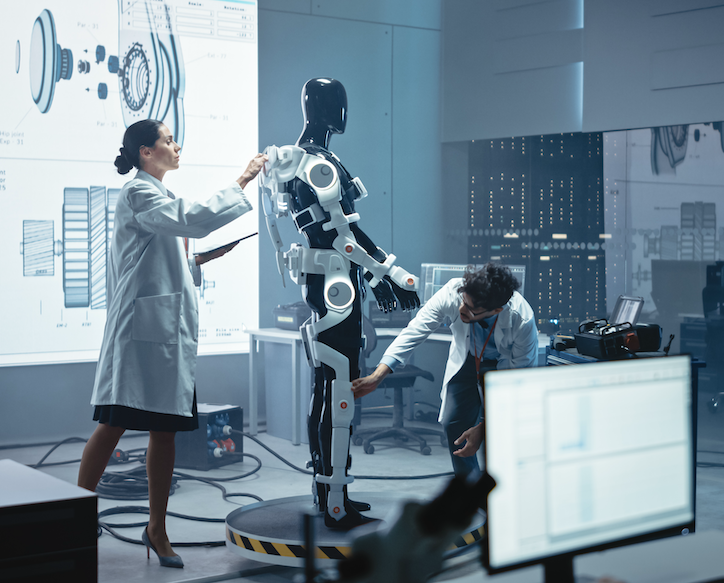
Research Portfolio
Digital Forensics of Robotic Systems
Robotic technologies touch an ever-growing portion of our physical world. As advancements in robotic process automation bring new levels of precision and automation, it has also increased the digital attack surface. Research in this area focuses on developing early detection systems and building new digital forensics capabilities for these emerging platforms.
Cyber Protection of Intelligence Systems
Intelligent systems are transforming industries ranging from transportation, healthcare, and financial industries to critical infrastructure and national defense. With great gain also comes a widening attack surface. Research in this area includes understanding new cyberattack vectors, adapting enterprise defense strategies, and the creation of new detection and response capabilities.
Recent Media Appearances
-
Cybersecurity Is More Than a Checklist: Joel Yonts on Tech’s Unfair Disadvantage
-
An interview with Joel Yonts discussing future attacks on intelligent machines and new defensive strategies.
-
A segment on the innovation news show discussing cybersecurity and securing intelligent machines.
Amazon Prime * Bloomberg TV -
Episode 139: The Future of Forensics on Artificial Intelligence Systems.
-
Ransomware: Evolving Threats & Digital Risks
-
Article: Chatbots Can Be Weaponized — How To Defend Against These Attacks
Article: 16 Tech Experts Share Advice For Companies Considering An AI Plan
Article: 20 Mistakes To Avoid When Developing Machine Learning Models
Article: Recovering From A Hack? 16 Smart Steps Shared By Tech Industry Leaders
Article: 15 Tech Leaders Predict The Next Big Trends In Home IoT
Article: 16 Tech Trends And Topics That Will Soon Be Hitting The Workplace
-
The Role of A.I. for Cyber Defense and Attack
Published Research
Principles of Securing Intelligent Machines
Attacks against AI-based systems have only begun, but these systems increasingly have the attributes that attract cyber threat actors. Business criticality, processing of sensitive information, control over financial transactions and the power to disrupt are key elements that motivate attackers. As attackers pivot their focus to intelligent systems, how well we have anticipated methods of attack and corresponding defense techniques will be the difference between a narrow miss and a significant compromise.




